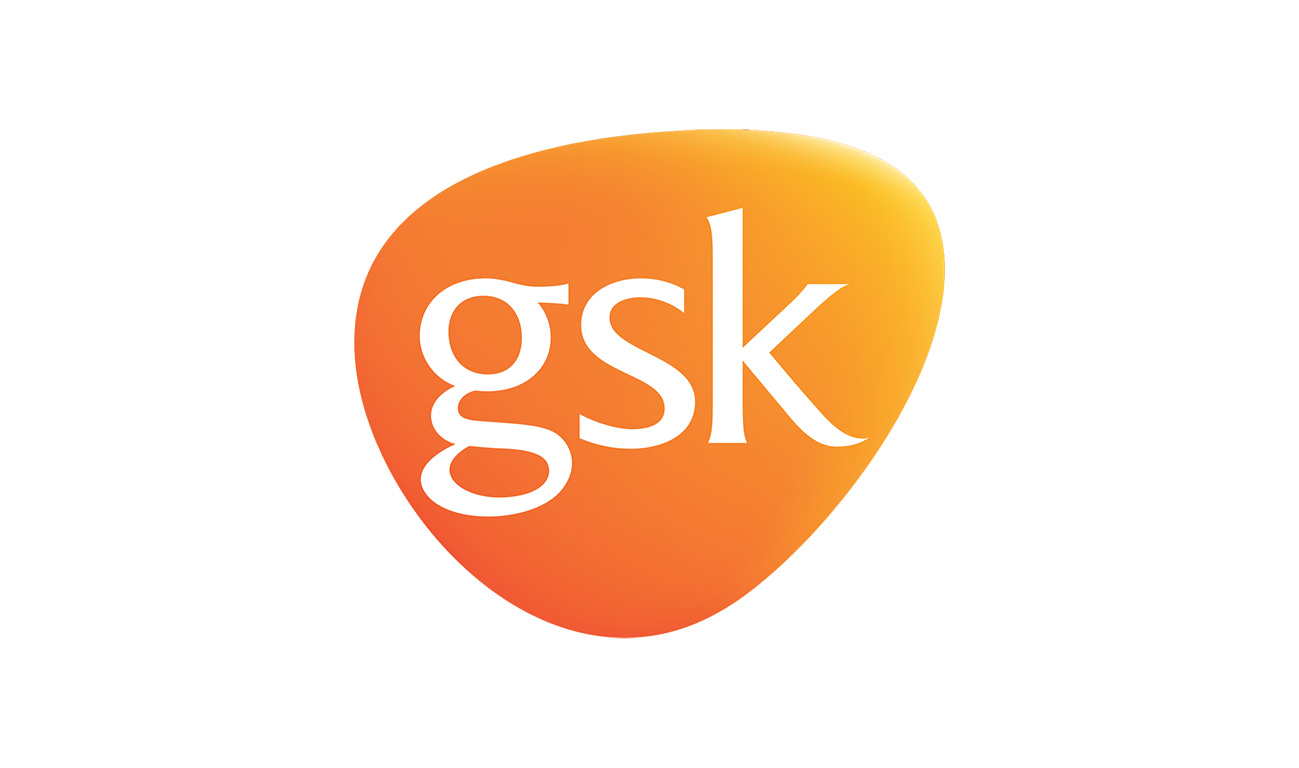American Households Not Prepared For Disasters, Not Confident That Children’s Needs Will Be Met
Join a LIVE WEBINAR at noon Tuesday, Feb 9, about a new survey released by Columbia University’s National Center for Disaster Preparedness
February 5, 2016 /3BL Media/ -
WHAT: The United States is experiencing a number of extreme weather events. Ten years after Hurricane Katrina and three years after Superstorm Sandy, the vast majority of Americans remain unprepared for major disasters, according to results from a National Center for Disaster Preparedness (NCDP) research study. Many communities, systems and child-serving institutions are not sufficiently prepared to meet the needs of children when a crisis strikes. And many parents are not confident that their children will be protected and are not aware of what plans schools have made to be sure that children are safe in case of a catastrophic event in their community.
A community’s resilience and ability to rebound from a crisis can be measured by its ability to care for its children, who are one of the most vulnerable populations in an emergency. Experts from NCDP and Save the Children will lead a webinar to present the study results and provide recommendations based on the work of the Resilient Children/Resilient Communities Initiative.
WHO:
- Jeff Schlegelmilch, Deputy Director, NCDP
- Dr. Elisaveta Petkova, Project Director, NCDP
- Erin Bradshaw, Senior Director, Strategic Impact, Save the Children USA
WHEN: Tuesday, February 9, 2016 from noon to 1:00 pm EST
WHERE: http://bit.ly/rcrcdata16 (live webinar access and event page)
About the Resilient Children/Resilient Communities Initiative
The Resilient Children/Resilient Communities Initiative, led by the National Center for Disaster Preparedness at Columbia University’s Earth Institute and Save the Children, is funded by a grant from GSK. This three-year initiative will develop a replicable model of child-focused community resilience planning that can be brought to national scale. This is being accomplished by developing two pilot programs in counties in New York and Arkansas and establishing a national panel of experts to link the community work with national preparedness priorities. For more information, please visit http://ncdp.columbia.edu/rcrc.
About NCDP
The National Center for Disaster Preparedness at the Earth Institute works to understand and improve the nation’s capacity to prepare for, respond to and recover from disasters. NCDP focuses on the readiness of governmental and non-governmental systems; the complexities of population recovery; the power of community engagement; and the risks of human vulnerability, with a particular focus on children. For more information please visit http://ncdp.columbia.edu.
About Save the Children
Save the Children invests in childhood – every day, in times of crisis and for our future. In the United States and around the world, we are dedicated to ensuring every child has the best chance for success. Our pioneering programs give children a healthy start, the opportunity to learn and protection from harm. Our advocacy efforts provide a voice for children who cannot speak for themselves. As the leading expert on children, we inspire and achieve lasting impact for millions of the world’s most vulnerable girls and boys. By transforming children’s lives now, we change the course of their future and ours. Learn more about the Get Ready Get Safe preparedness initiative at http://www.savethechildren.org/GetReady.
About GSK
Funding for the Resilient Children/Resilient Communities Initiative is provided by GSK, one of the world’s leading research-based pharmaceutical and healthcare companies, that is committed to improving the quality of human life by enabling people to do more, feel better and live longer. For further information, go to us.gsk.com, follow on twitter.com/GSKUS or visit the blog at www.morethanmedicine.us.gsk.com/blog/.

